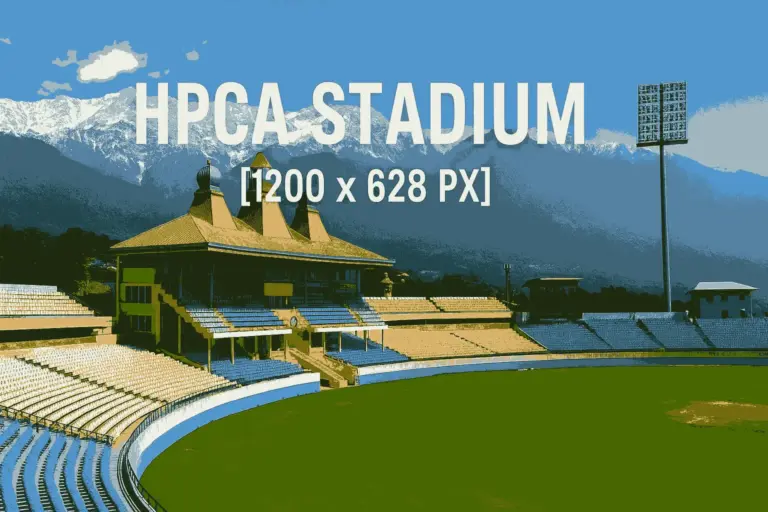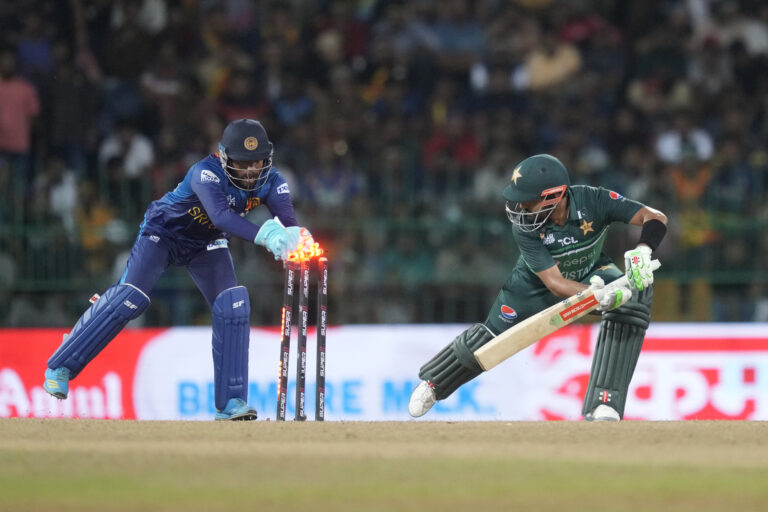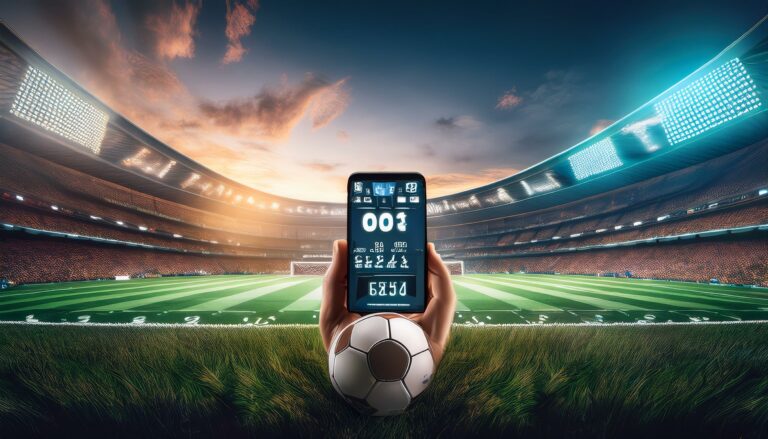Umpiring Protocols for Handling On-Field Emergencies and First Aid
tiger exange, golden77 login, sky 99 exch app: Umpiring Protocols for Handling On-Field Emergencies and First Aid
Being an umpire on the field comes with a tremendous amount of responsibility. Not only are you responsible for ensuring fair play and enforcing the rules of the game, but you also need to be prepared to handle on-field emergencies and provide first aid when necessary.
Here are some essential protocols to follow when faced with on-field emergencies:
Assess the Situation
The first step in handling an on-field emergency is to assess the situation. Determine the nature and severity of the injury or illness and take quick action accordingly.
Call for Help
If the situation warrants immediate medical attention, don’t hesitate to call for help. Contact emergency services or the designated medical personnel at the venue to ensure the injured individual receives prompt care.
Secure the Area
In some cases, it may be necessary to clear the area around the injured individual to allow medical personnel to access and assist them. Secure the area to prevent further injuries and distractions.
Administer First Aid
As an umpire, it’s essential to have a basic understanding of first aid techniques. Administer CPR, apply bandages, or stabilize injuries as needed until professional medical help arrives.
Communicate with Players and Coaches
Keep players, coaches, and spectators informed about the situation as much as possible. Maintain calm and reassuring communication to avoid panic and confusion.
Document the Incident
After the emergency has been handled, make sure to document the incident thoroughly. Record details of the injury, the actions taken, and any follow-up care provided.
FAQs
Q: What should umpires do in case of a player collision on the field?
A: In the event of a player collision, assess the severity of the injuries, call for medical help if necessary, and provide first aid as needed. Make sure to communicate with players and coaches to ensure the safety and well-being of everyone involved.
Q: How can umpires be prepared for on-field emergencies?
A: Umpires should undergo training in first aid and CPR to be prepared for on-field emergencies. It’s also essential to familiarize yourself with the venue’s emergency protocols and have a well-stocked first aid kit on hand.
Q: Is it necessary for umpires to have a medical background to handle on-field emergencies?
A: While a medical background can be beneficial, it is not a requirement for umpires to handle on-field emergencies. Basic knowledge of first aid techniques and quick thinking can help umpires effectively respond to emergencies on the field.
In conclusion, umpires play a crucial role in ensuring the safety of players and spectators on the field. By following proper protocols, staying calm under pressure, and being prepared for emergencies, umpires can effectively handle on-field incidents and provide timely assistance when needed.







